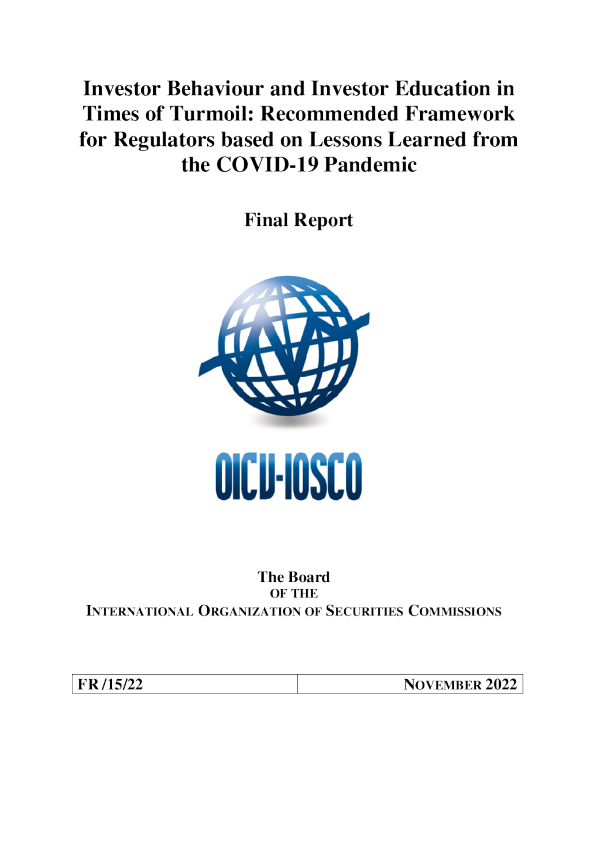Gender Mainstreaming in Coastal and Marine Ecosystems Management: Principles, Case Studies and Lessons Learned

Gender Mainstreamingin Coastal and Marine Ecosystems ManagementPrinciples, Case Studies and Lessons Learned Gender Mainstreaming in Coastal and Marine Ecosystems ManagementPrinciples, Case Studies and Lessons Learned iiGender Mainstreaming in Coastal and Marine Ecosystems Management © 2022 United Nations Environment Programme This publication may be reproduced in whole or in part and in any form for educational or non-profit services without special permission from the copyright holder, provided acknowledgement of the source is made. The United Nations Environment Programme would appreciate receiving a copy of any publication that uses this publication as a source.No use of this publication may be made for resale or any other commercial purpose whatsoever without prior permission in writing from the United Nations Environment Programme. Applications for such permission, with a statement of the purpose and extent of the reproduction, should be addressed to the Director, Communication Division, United Nations Environment Programme, P. O. Box 30552, Nairobi 00100, Kenya. Disclaimers The designations employed and the presentation of the material in this publication do not imply the expression of any opinion whatsoever on the part of the Secretariat of the United Nations concerning the legal status of any country, territory or city or area or its authorities, or concerning the delimitation of its frontiers or boundaries. For general guidance on matters relating to the use of maps in publications please go to http://www.un.org/Depts/Cartographic/english/htmain.htm Mention of a commercial company or product in this document does not imply endorsement by the United Nations Environment Programme or the authors. The use of information from this document for publicity or advertising is not permitted. Trademark names and symbols are used in an editorial fashion with no intention on infringement of trademark or copyright laws. The views expressed in this publication are those of the authors and do not necessarily reflect the views of the United Nations Environment Programme. We regret any errors or omissions that may have been unwittingly made. © Maps, photos and illustrations as specified Cover image credit: Blue Gold Program, BangladeshSuggested citation: United Nations Environment Programme and Gender and Water Alliance (2022). Gender Mainstreaming in Coastal and Marine Ecosystems Management: Principles, Case Studies and Lessons Learned. Nairobi.Lead authorsAnamika Amani (GWA, India)Anne-Marie Hanson (GWA, United States of America)Case study contributorsSangeeta Mangubhai (Wildlife Conservation Society, Fiji Country Program), Berna Gorong, Meg Bresnahan, Robyn James (The Nature Conservancy, Asia-Pacific), Peggy J. Turk Boyer, Paloma A. Valdivia Jiménez, Elia I. Polanco Mizquez, Hem Nalini Morzaria-Luna, Angeles Sánchez Cruz, Nelida Barajas Acosta (Intercultural Center for the Study of Deserts and Oceans), Kitty Bentvelsen (GWA), George Maina, Giulia Besana, Peter Limbu, Tiffany Waters, Mondy Muhando, Robert Jones, Lucy Magembe (The Nature Conservancy, United Republic of Tanzania), Joan Kawaka, Lenice Ojwang’ (CORDIO Kenya), Arie Kurniawaty, Gita Ayu Atikah (Solidaritas Perempuan), Cassia Patel (Oceanic Global), Pallavi Sobti Rajpal, Nafisa Barot (Utthan, Gujarat), Fatou Janha Mboob (TRY Oyster Women’s Association), Karen Kent (University of Rhode Island, Coastal Resources Center).From UNEPGabriel GrimsditchPeer reviewersJoke Muylwijk (GWA), Maeve Nightingale (International Union for Conservation of Nature, Bangkok), Linda Jonsson (UNEP), S. M. Faridul Haque (WorldFish, Bangladesh)EditorsPatricia Kinyolo (UNEP); English Language Unit (United Nations Office at Nairobi)Design/layoutUnited Nations Office at Nairobi Principles, Case Studies and Lessons LearnediiiTable of ContentsExecutive summary.................................................................................................................................viChapter I. Introduction ........................................................................................................................1Chapter II. Definitions and key concepts .............................................................................................4Chapter III. Principles for mainstreaming gender in coastal and marine management ........................6Chapter IV: Case studies .....................................................................................................................12Gender principle 1:Data that reveals the invisible work of unrecognized stakeholdersWildlife Conservation SocietyFiji ..............................................................................................................................12Gender principle 2:Creating spaces for the unheard to speak and be listened to The Nature ConservancyFederated States of Micronesia ...............................................................................................18G




